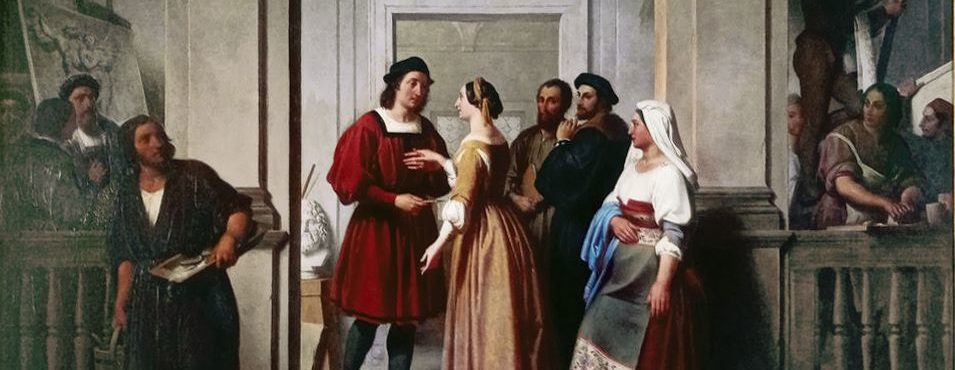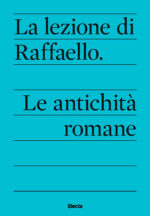From 18 September to 29 November 2020, the Villa di Capo di Bove on the Appia Antica will host the exhibition “La lezione di Raffaello. Le antichità romane”. Through paintings, engravings, books and drawings the exhibition will present some of the contents of the letter written by Raphael to Pope Leo X in 1519: words that gave rise to a new way of looking at the ancient finds and led to a veritable humanist and scientific revolution. The exhibition, curated by Ilaria Sgarbozza and promoted by the Parco Archeologico dell’Appia Antica with organization by Electa and the support of the Comitato Nazionale per le celebrazioni dei 500 anni dalla morte di Raffaello (National Committee for the Celebrations of the 500th Anniversary of Raphael's Death), is intended as a contribution to the history of the great artist’s cultural heritage and, at the same time, of the Via Appia. The exhibition will be organized around two focal points. The first is the fortune of the Letter, which relived in the historiography, literature and figurative production of the 19th century, becoming a reference text for the conservation and protection policies of European nations. The second is the surveying and cataloguing of ancient monuments performed by the master and his disciples, in particular Pirro Ligorio. A Neapolitan architect and scholar, Ligorio was a fundamental interpreter of Raphael’s lesson and translated the ancient tombs located along the regina viarum and Via Latina into architectural drawings and written notes.
Starting from the celebrated text – digitally reproduced on a screen that will allow it to be browsed and listened to – the works on display will recount the international consecration of Raphael as the father of the modern culture of the conservation of the monumental, archaeological and artistic heritage. The essays in the catalogue published by Electa will help to support and extend the account given in the exhibition.
The exhibition is hosted in the villa purchased by the Italian state in 2002 in the Complesso di Capo di Bove, which has a significant archaeological precinct with a Roman bathing complex dating back to the second half of the 2nd century AD. A place that is the symbol of the state's defence of the cultural and landscape heritage, since 2008 home to the archive of Antonio Cederna, the intellectual and journalist whose work is a staple of the recent history of the Appian Way.

